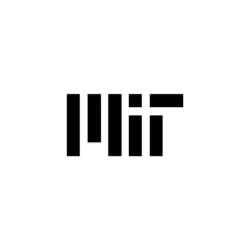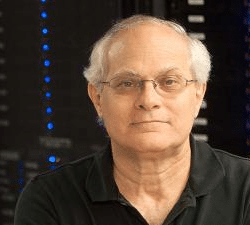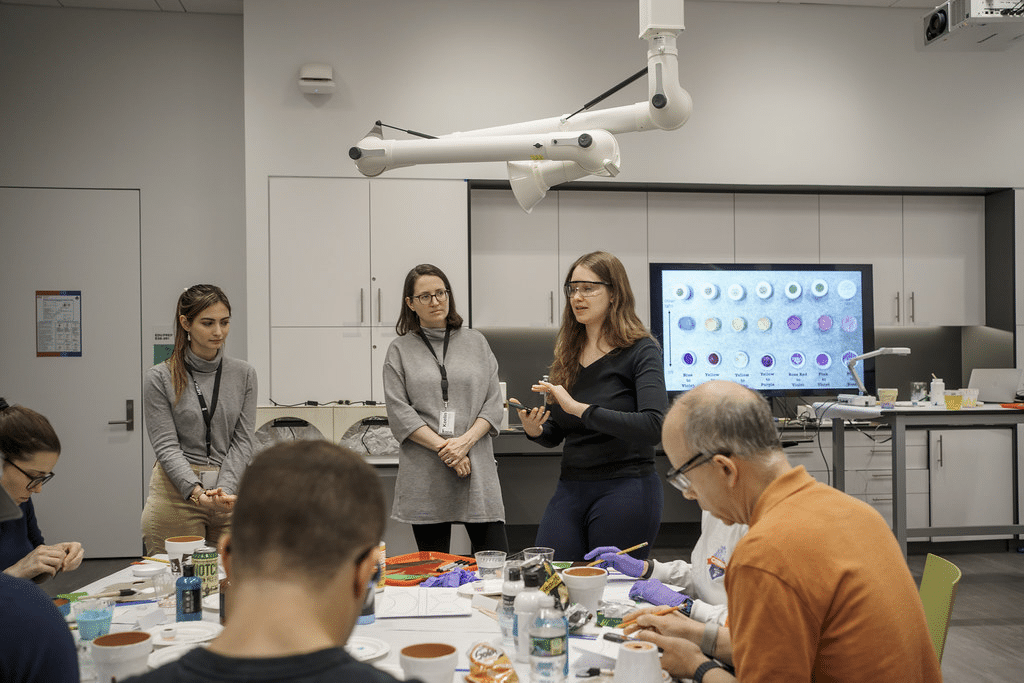-
Education
-
Research Areas
Research
Fusion energyHarnessing plasma’s potential to provide near-limitless energy
Fusion technologyMerging plasma physics and engineering for fusion applications
Plasma scienceUnraveling the behavior of the fourth state of matter
Plasma and materialsUnderstanding and counteracting plasma’s effects on materials
High-energy density physicsStudying plasma’s reactions to extreme conditions
Tech to marketDrawing practical solutions from lab science
-
Resources
-
About
-
Buttons Mobile





